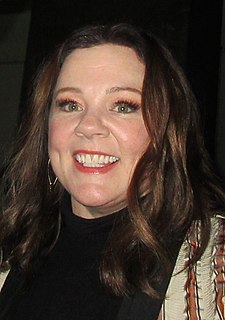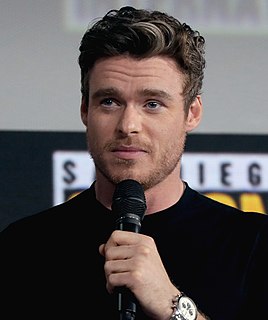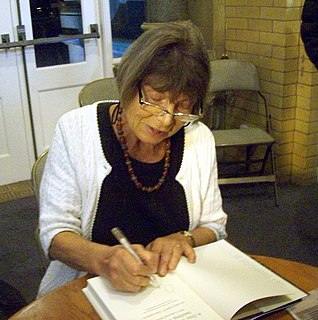A Quote by Melissa McCarthy
I think there's so many points of view that you want to make sure your stories are being told from men and women... you get all of the different backgrounds. You don't want every story being told from the same point of view. So just for better storytelling, I'm like, 'Yes, please, bring some more ladies on.'
Related Quotes
[T]he more clamour we make about 'the women's point of view', the more we rub it into people that the women's point of view is different, and frankly I do not think it is -- at least in my job. The line I always want to take is, that there is the 'point of view' of the reasonably enlightened human brain, and that this is the aspect of the matter which I am best fitted to uphold.
I don't think that there's a target audience at all. These stories were in circulation. The stories were told by men, told in the marketplace by men, but also behind doors by women, but there's no real record of this. It's likely they were told by women to children in their interior rooms. The story could be a negative story, they could be presented as a, "Watch out! Women will get round you, do things to you, weave you in their toils." It could be buried in it an old cautionary story about women and their wiles.
One of the most beautiful things about 'Game of Thrones' is it's told from so many different points of view, and these characters can convince you that what they're doing is right. But they're only showing you a bit of the picture, and when you see it from another character's point of view you may switch allegiances.
I don't really enjoy working in TV, to be completely honest, even though it's incredibly lucrative, I'm just terrified of not being satiated in a myriad of different ways. It's amazing that I get to create every day, as an actor, or a director, or a writer, and I get to do it in a variety of different genres and worlds and characterizations. I think that's the great privilege of what we do, we get to make believe. I get to go to so many different places, try on different occupations, take on different points of view. That's what's always been sort of alluring.




































